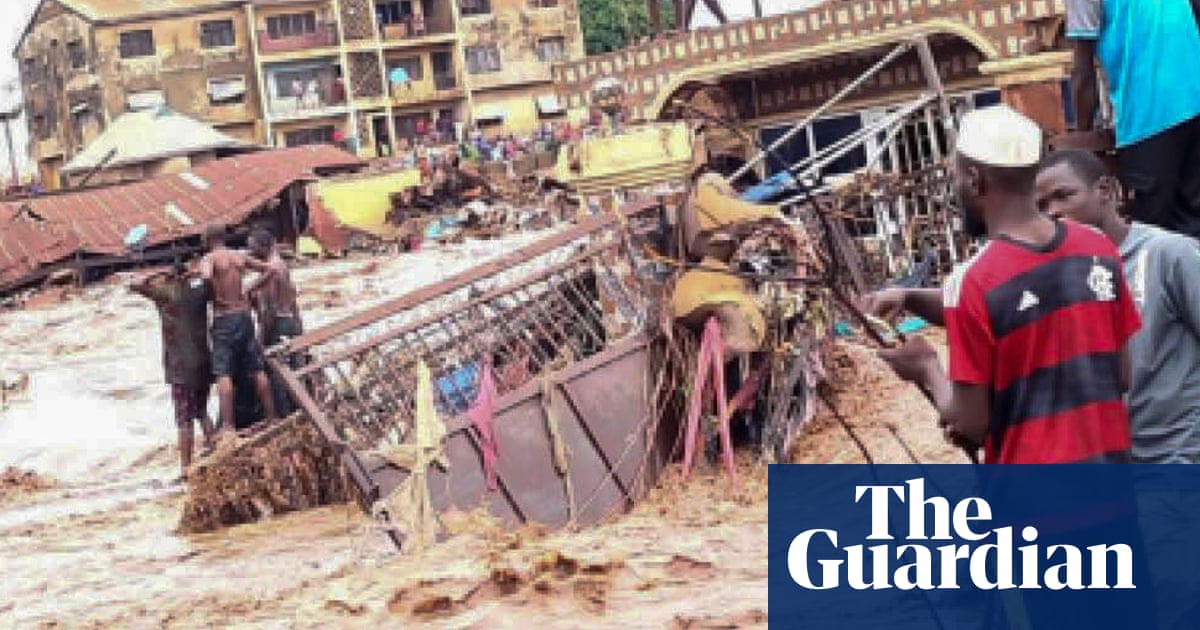The recent report on the devastating floods in central Nigeria highlights the tragic loss of life and the impact on local communities. As the situation unfolds, the article serves to inform the public about the scale of the disaster and the ongoing rescue efforts.
Casualties and Destruction
The article emphasizes the alarming death toll, with local authorities confirming at least 115 fatalities and many missing. This information is crucial as it paints a stark picture of the human cost of the flooding. The mention of over 3,000 submerged houses further illustrates the scale of the disaster, indicating widespread destruction that affects thousands of families.
Context of Flooding
The report provides essential context regarding the rainy season in Nigeria and the history of flooding in the region. By noting that the Nigerian Meteorological Agency had forecasted heavy storms, the article suggests that this disaster was somewhat anticipated, raising questions about preparedness and response. The reference to previous flooding incidents in Niger state, including significant agricultural destruction, adds depth to the narrative about the state's vulnerability to such disasters.
Government and Emergency Response
The ongoing rescue efforts, as reported by Ibrahim Audu Hussein from the state emergency management agency, indicate that authorities are actively working to address the crisis. However, the rising death toll and the challenge of recovering bodies from the River Niger may lead to public scrutiny of the effectiveness of disaster response mechanisms in place.
Climate Change Implications
The article touches upon the broader issue of climate change and its role in increasing the frequency and severity of extreme weather events. By mentioning expert warnings about global heating, the report encourages readers to consider the long-term implications of climate change on Nigeria and similar regions.
Public Reaction and Societal Impact
This news is likely to evoke a strong emotional response from the public, potentially leading to increased calls for government action on climate resilience and disaster preparedness. Communities affected by the floods may seek assistance and support, which could influence local and national politics.
Economic Considerations
The flooding has significant economic implications, particularly for Mokwa, a commercial hub. The destruction of infrastructure and homes can lead to long-term economic challenges for the region, affecting trade and livelihoods. Investors and stakeholders in agriculture and local businesses may need to reassess risks associated with natural disasters.
Connection to Broader Issues
The report may connect to larger discussions about governance, resource management, and climate adaptation strategies in Nigeria. It highlights the need for comprehensive policies to mitigate the effects of flooding and improve infrastructure resilience.
Use of AI in Reporting
While it is difficult to determine if AI was used in the creation of this article, the structured delivery of information and the clarity of the narrative suggest a well-organized approach to reporting. AI could have been involved in data gathering or summarization, particularly in presenting statistics and forecasts.
The news report is credible, as it is supported by statements from local authorities and reflects current events. However, the emotional weight of the tragedy may be amplified to draw attention to the need for action on climate issues and disaster preparedness, creating a sense of urgency among readers.
